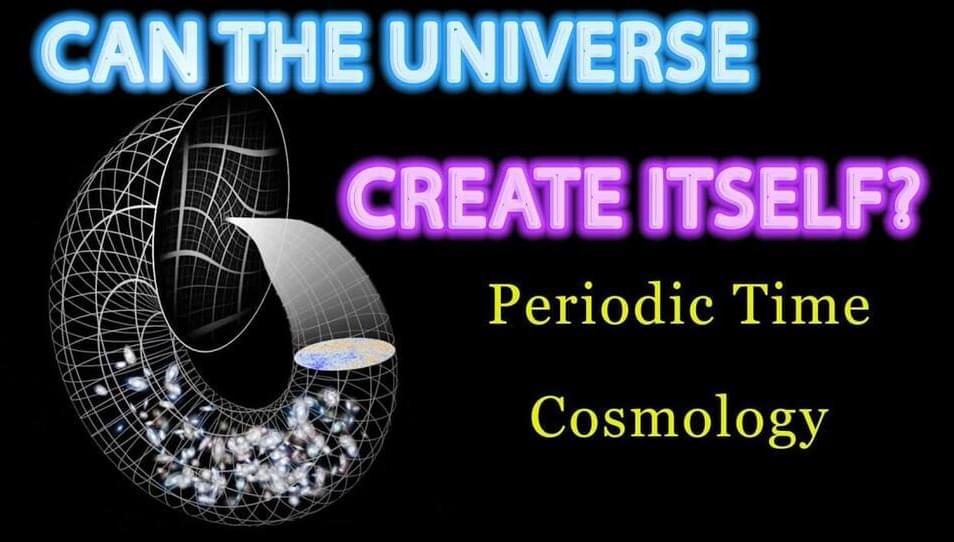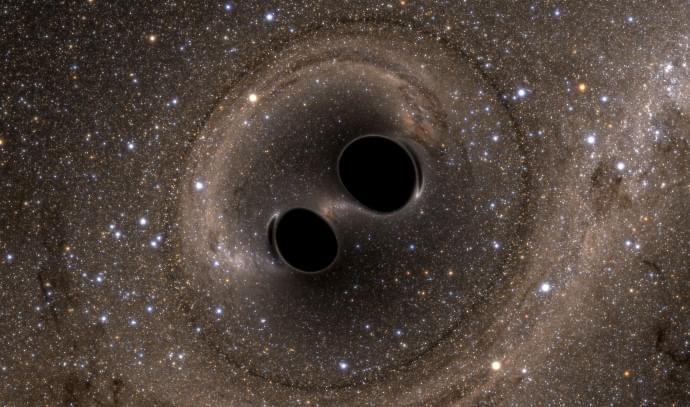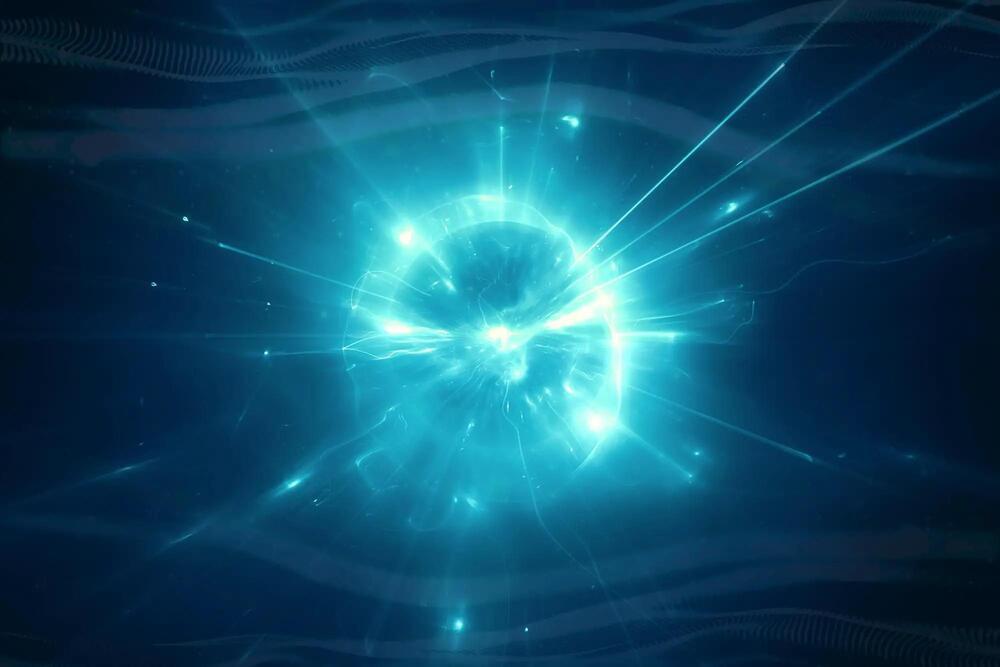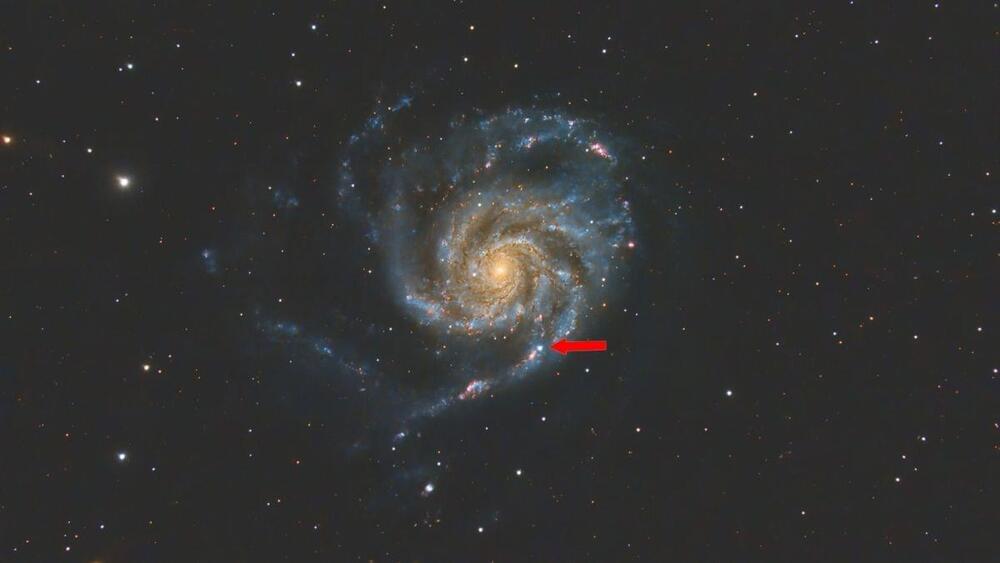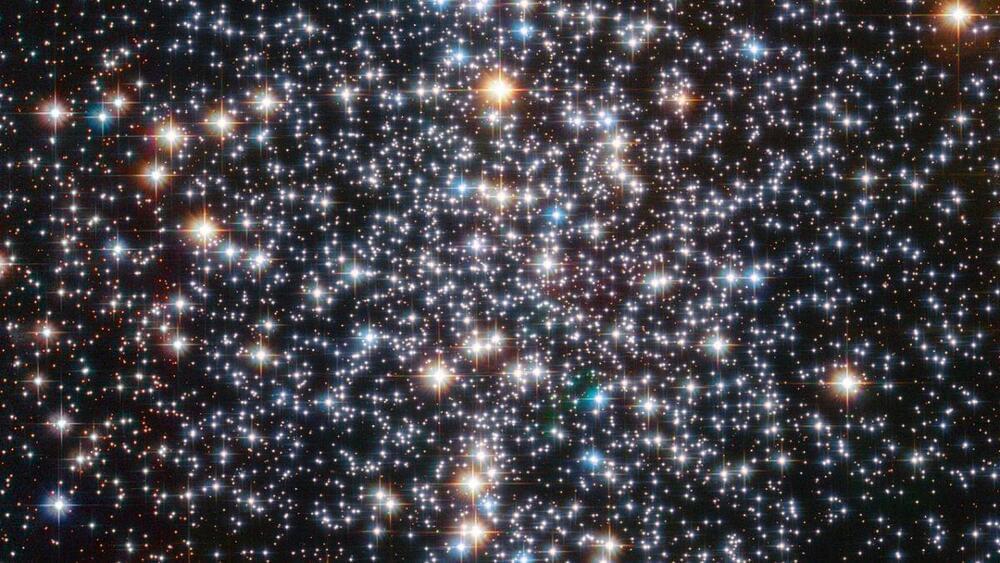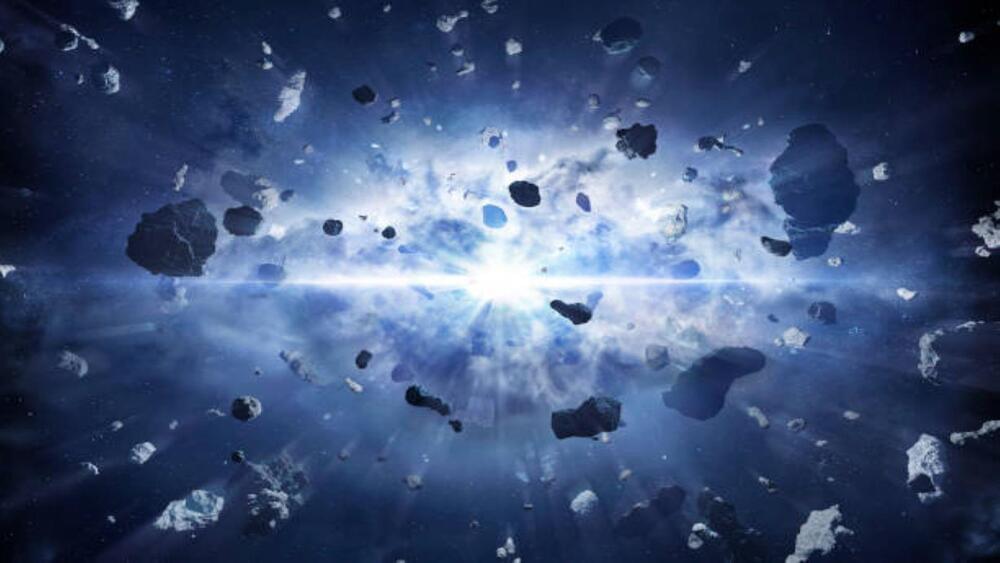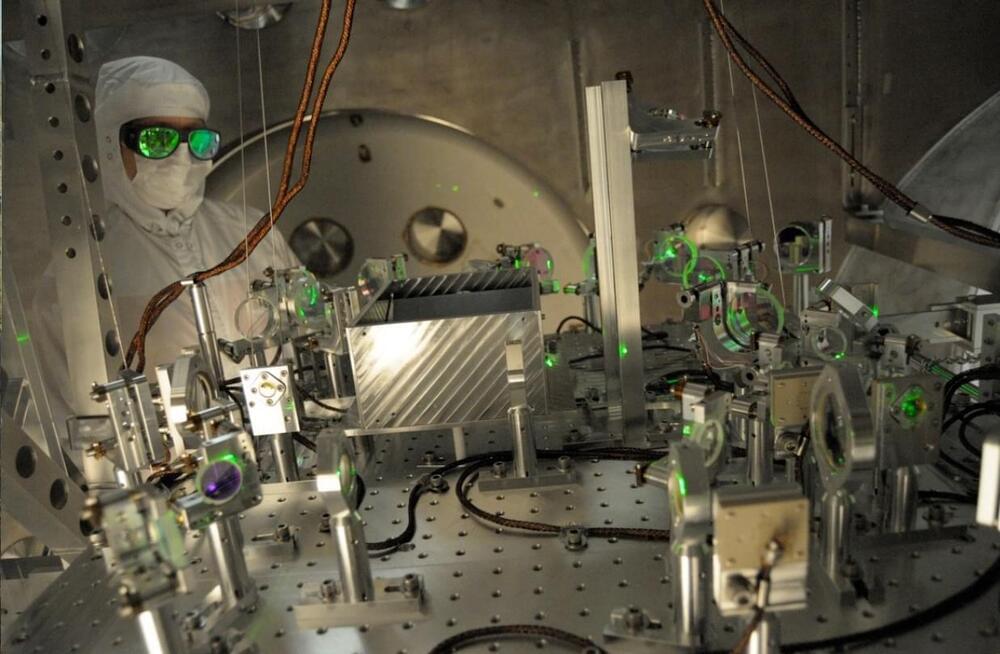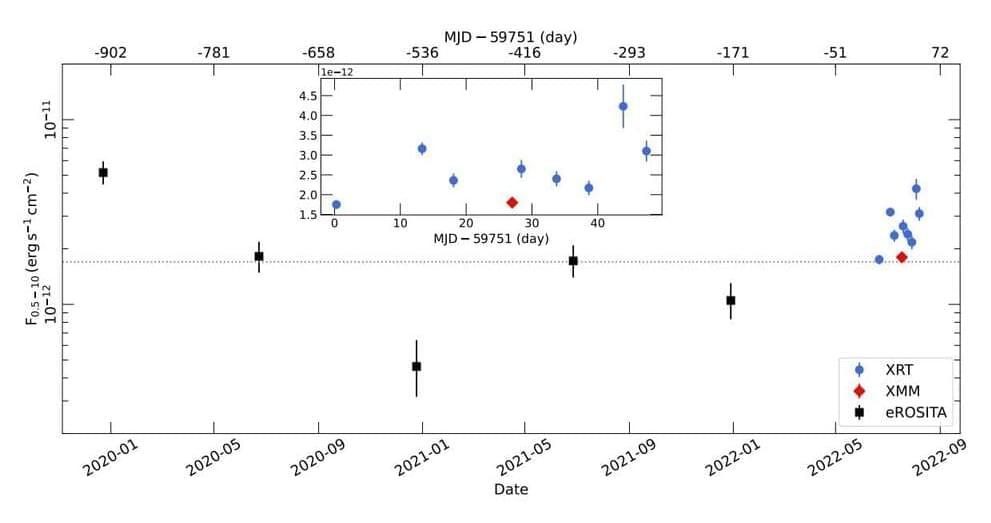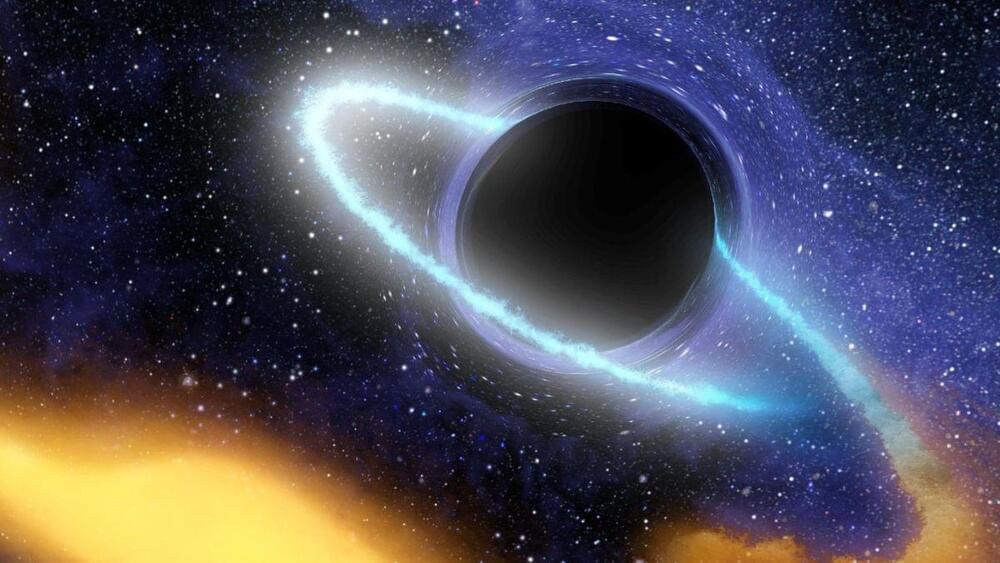May 31, 2023
Before the Big Bang 11: Is the Universe a Time Machine?
Posted by Dan Breeden in categories: cosmology, evolution, quantum physics, time travel
What happened before the Big Bang? In two of our previous films we examined cyclic cosmologies and time travel universe models. Specially, the Gott and Li Model https://www.youtube.com/watch?v=79LciHWV4Qs) and Penrose’s Conformal Cyclic Cosmology https://www.youtube.com/watch?v=FVDJJVoTx7s). Recently Beth Gould and Niayesh Afshordi of the Perimeter Institute for Theoretical Physics have fused these two models together to create a startling new vision of the universe. In this film they explain their new proposal, known as Periodic Time Cosmology.
0:00 Introduction.
0:45 NIayesh’s story.
1:15 Beth’s story.
2:25 relativity.
3:26 Gott & Li model.
6:23 origins of the PTC model.
8:17 PTC periodic time cosmology.
10:55 Penrose cyclic model.
13:01 Sir Roger Penrose.
14:19 CCC and PTC
15:45 conformal rescaling and the CMB
17:28 assumptions.
18:41 why a time loop?
20:11 empirical test.
23:96 predcitions.
26:19 inflation vs PTC
30:22 gravitational waves.
31:40 cycles and the 2nd law.
32:54 paradoxes.
34:08 causality.
35:17 immortality in a cyclic universe.
38:02 eternal return.
39:21 quantum gravity.
39:57 conclusion.
Continue reading “Before the Big Bang 11: Is the Universe a Time Machine?” »
